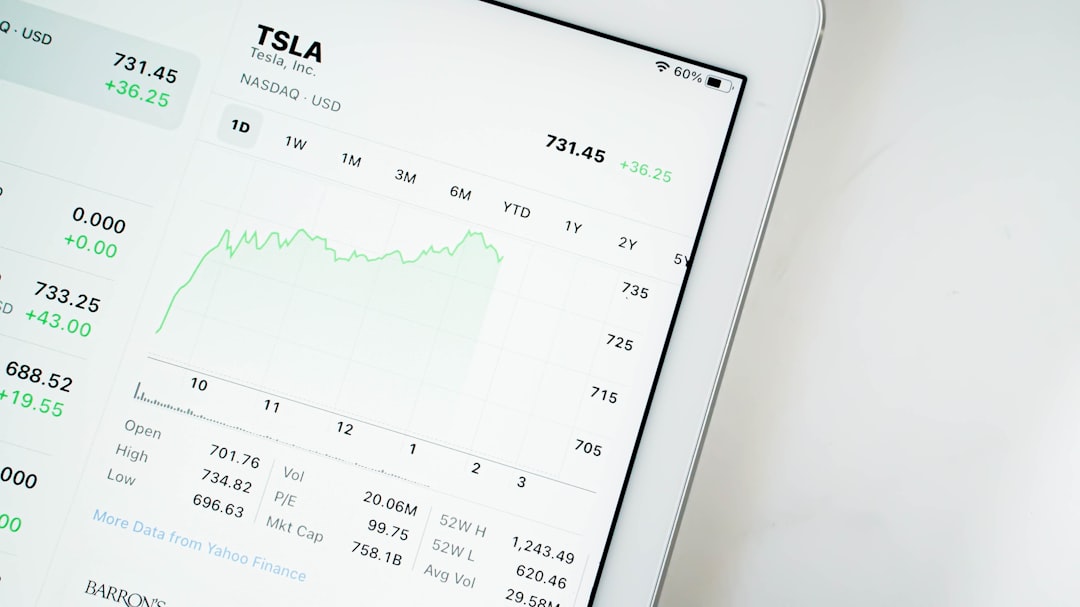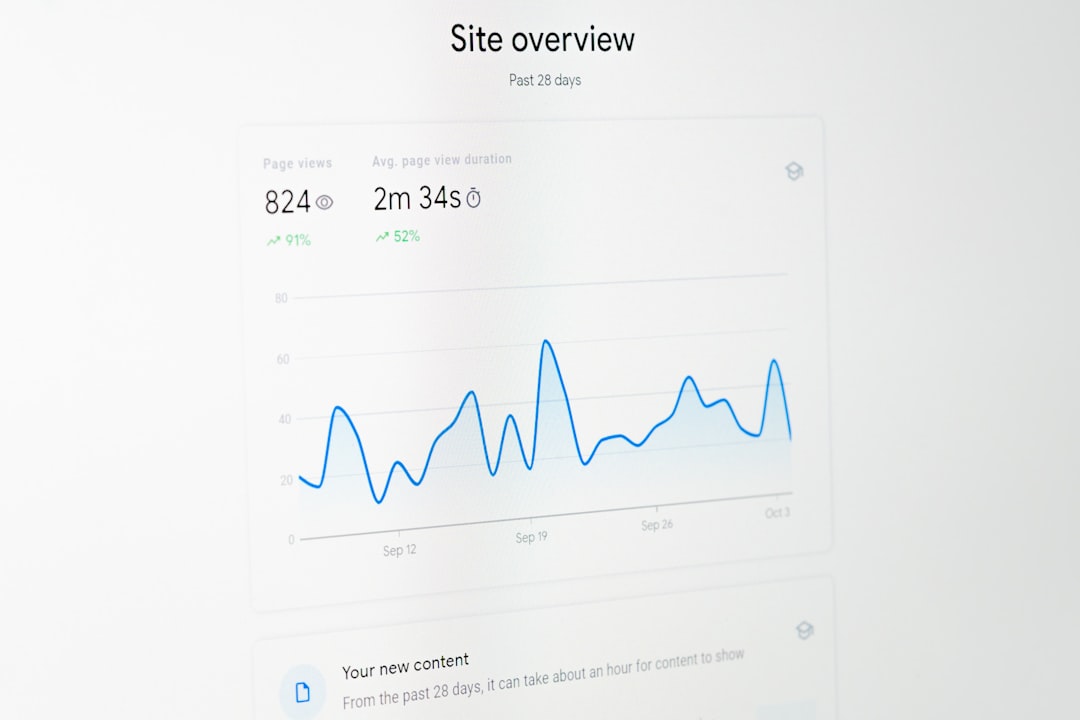In the fast-paced world of digital marketing, tracking social media engagement has become crucial for businesses, influencers, and content creators alike. Engagement metrics such as likes, comments, shares, clicks, and reach provide essential insights into what content resonates with your audience and how effectively your message is being communicated. Fortunately, a number of powerful social media tools help you monitor and optimize these metrics. In this article, we’ll explore some of the best social media tools for tracking engagement, allowing you to make data-driven decisions and skyrocket your online presence.
1. Hootsuite
Hootsuite is one of the most popular social media management platforms and includes a robust suite of analytics tools. Its dashboard provides comprehensive data on user engagement, audience demographics, and performance across various platforms including Facebook, Twitter, Instagram, and LinkedIn. You can create custom reports and track specific KPIs like click-through rates, engagement spikes, and response times.
- Pros: Versatile, user-friendly interface, supports multiple networks
- Cons: Some advanced features locked behind higher-tier plans

2. Sprout Social
Sprout Social is another powerful tool known for its intuitive analytics and visual reports. It monitors metrics like impressions, clicks, and engagement rates across all major platforms. One of its standout features is the ability to schedule content and observe engagement patterns to determine the best times to post.
- Pros: Excellent reporting tools, team collaboration features
- Cons: Relatively expensive for small businesses
3. Buffer
If you’re seeking a more simplified tool for tracking engagement, Buffer is a superb option. It offers insights into key metrics such as reach, likes, shares, comments, and audience growth. Buffer also comes with scheduled publishing and an easy-to-understand analytics interface, making it ideal for solopreneurs or small companies looking to track high-level engagement data.
- Pros: Simple UI, affordable pricing, ideal for beginners
- Cons: Lacks advanced analytics found in more professional suites
4. Google Analytics (with UTM Parameters)
Although not strictly a social media tool, Google Analytics can be a goldmine for understanding the impact of your social media efforts. By attaching UTM parameters to your social posts, you can track how much traffic came from each platform and how users engaged with your website after clicking your links. This gives you a broader view of engagement beyond simple likes and shares.
- Pros: Free, powerful, integrates well with websites
- Cons: Steeper learning curve, requires setup
5. Brandwatch
Brandwatch is a social listening and analytics platform that stands out for its depth of analysis. It uses AI to understand sentiment, track brand mentions, and evaluate consumer perception. If tracking qualitative engagement is a priority (e.g., what people are saying about your brand rather than just how many likes you’re getting), then Brandwatch is a top-tier choice.
- Pros: Advanced AI, sentiment analysis, great for large brands
- Cons: High cost, might be excessive for smaller teams
6. Socialbakers (now part of Emplifi)
Socialbakers, now integrated into the Emplifi platform, is known for its intelligent marketing insights. It specializes in audience analysis and provides detailed metrics on content performance across different social networks. It also offers competitive benchmarking, allowing you to compare your engagement metrics against competitors.
- Pros: AI-driven suggestions, competitive analysis tools
- Cons: Premium pricing tiers
Choosing the Right Tool
There’s no one-size-fits-all solution when it comes to tracking social media engagement. The best tool for you depends on your goals, audience size, and budget. Here are a few guiding thoughts:
- For beginners: Start with Buffer or Hootsuite for simplicity and cost-effectiveness.
- For large brands or agencies: Consider using Sprout Social, Brandwatch, or Emplifi for in-depth analytics.
- For website traffic insights: Google Analytics is indispensable, especially with UTM tracking in place.

Ultimately, the power of these tools lies not just in collecting data, but in acting on that data intelligently. Monitoring engagement metrics allows you to refine your content, better understand your audience, and drive real business results—all at your fingertips with the right tool.


